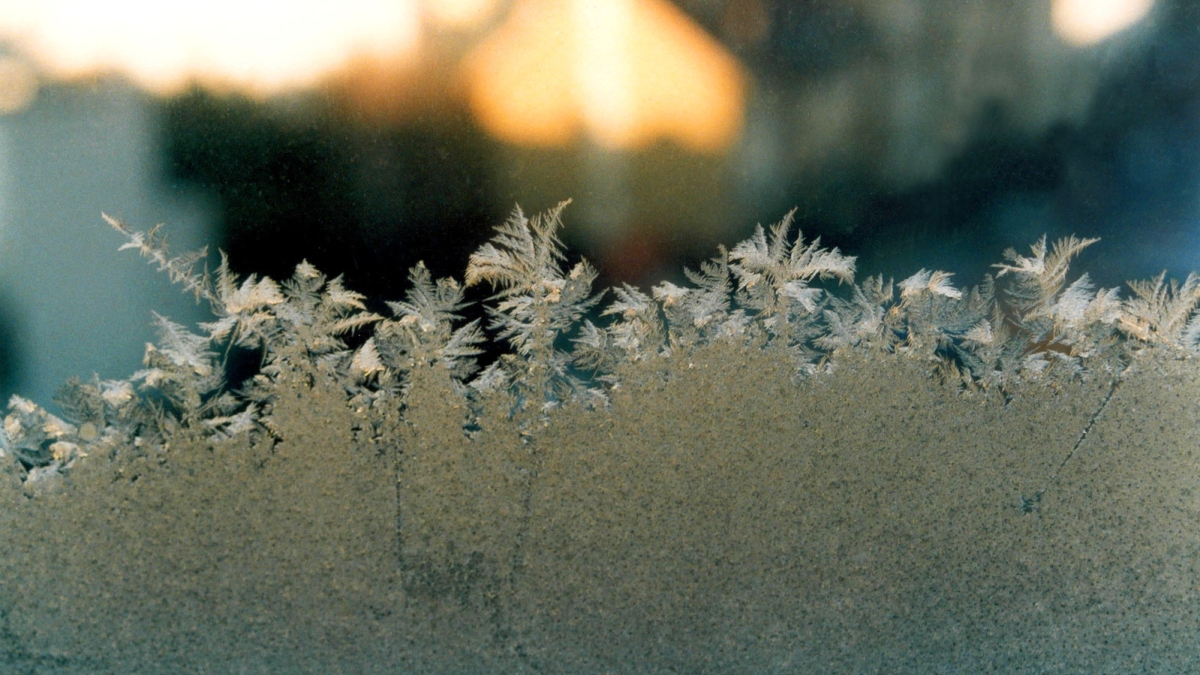“Nothing burns like the cold,” wrote “Game of Thrones” author George R.R. Martin. Just ask any football team that has had to take on the Green Bay Packers during a winter game at their home, Lambeau Field, nicknamed “The Frozen Tundra.”
The stadium earned its moniker during the Ice Bowl between the Packers and the Dallas Cowboys in December 1967, when the temperature was minus 15 degrees Fahrenheit and windy. The northern Wisconsin winter is the Packers’ friend. From the time Lambeau Field opened in 1957 the Packers never lost a postseason game there until until January 2003, when they fell 27-7 to the Atlanta Falcons. Even now their home postseason record is a tidy 15-5.
Cold has a huge effect on the perceptual motor abilities of athletes.
“Your body can handle it in a lot of ways, but your mind has other effects,” said Rob Gray, an associate professor of human systems engineering in Arizona State University's Ira A. Fulton Schools of Engineering. Gray studies the dynamics of perception, cognition and action in skilled performance like driving and sports.
He asked the question of cold’s effect on sports in a recent edition of his podcast Perception & Action. Gray features his research and studies from others in his field to illustrate lectures.
Cold can pack a psychological wallop to an athlete, Gray said.
When he was 15, the Canadian native’s hockey team toured Sweden in late December. Before each game, teams exchanged gifts. Before a game played in a barn with no insulation or heating, one team gave Gray’s team thermometers that went down to minus 30 Celsius. Gray thought the thermometer didn’t work.
“The temperature wasn’t high enough to register on it,” he said. “What a great psych-out!”
“People seem to give up a bit easier when they’re losing in the cold. It’s not comfortable."
— Rob Gray, ASU associate professor of human systems engineering
Gray cited a 1987 study that investigated the effects of cold on a variety of cognitive and perceptual tasks. Performance was compared at two temperatures: 21 Celsius and 5 Celsius (roughly 70 and 40 degrees Fahrenheit, respectively). The study found large negative effects on manual dexterity and response times.
There was an 11 percent reduction of performance in perceptual and motor tasks at the lower temperature. Temps below 50 Fahrenheit can produce large effects on performance.
“People’s reaction times get slow, and they have trouble making decisions,” Gray said. “The effects can be quite large.”
In football a quarterback might be slower in making a decision, but the defense charging him is slower to react, too.
The threshold for cold to have an effect was higher than expected, and it can reduce grip force by half. It’s also harder to keep focused when you’re losing in the cold, Gray said.
“People seem to give up a bit easier when they’re losing in the cold,” he said. “It’s not comfortable. It’s distracting in a way.”
However, like the Green Bay Packers or Himalayan mountaineers, players used to being in the cold perform better than those who aren’t. NFL teams that play in a dome win 35 percent fewer games when they have to play a team in a cold stadium. Teams with cold stadiums like the Packers or the New York Giants have an 8 percent home-field advantage.
“In any sport we’re finding out you have to train for the conditions you’re going to be playing, whether it’s high altitude or cold,” Gray said, news that the San Diego Chargers will be less than pleased to learn. “You have to get used to it and prepare yourself for it. It’s going to affect everybody. Go out there and don’t let it distract you.”
And his game in Sweden?
“It was the best game I played on the tour,” he said. “It’s not as bad as you think.”
More Science and technology

ASU-led space telescope is ready to fly
The Star Planet Activity Research CubeSat, or SPARCS, a small space telescope that will monitor the flares and sunspot activity of low-mass stars, has now passed its pre-shipment review by NASA.…

ASU at the heart of the state's revitalized microelectronics industry
A stronger local economy, more reliable technology, and a future where our computers and devices do the impossible: that’s the transformation ASU is driving through its microelectronics research…

Breakthrough copper alloy achieves unprecedented high-temperature performance
A team of researchers from Arizona State University, the U.S. Army Research Laboratory, Lehigh University and Louisiana State University has developed a groundbreaking high-temperature copper alloy…


